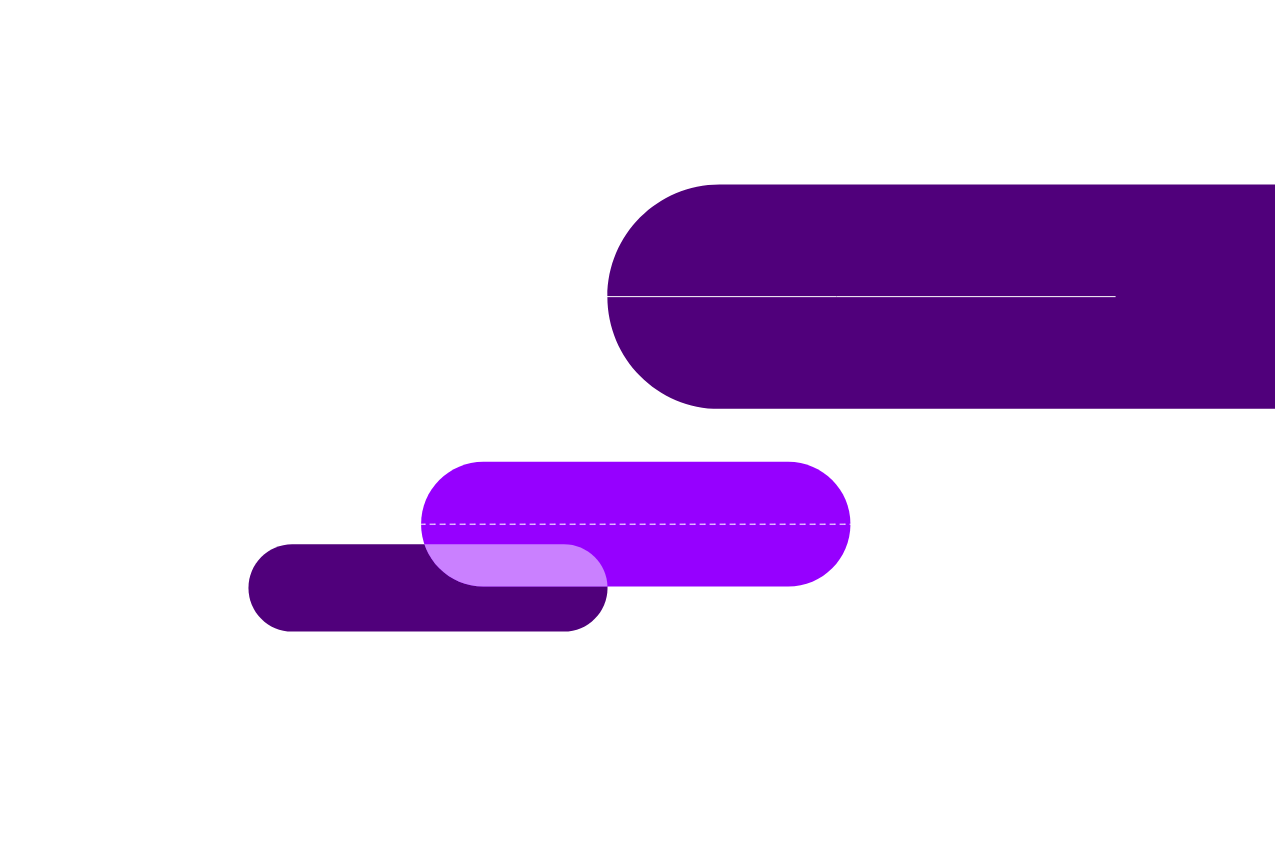tl;dr:
- Finance and accounting professionals in Canada face immense pressure, especially during the tax filing season.
- Now that the busy season is over, it's the perfect time to implement proactive strategies to prevent burnout and ensure a healthier work-life balance for the future.
- Key strategies include refining time management, setting clear boundaries, prioritizing self-care, and leveraging technology.
- A commitment to these practices will lead to a more sustainable and fulfilling career year-round.
why work-life balance matters now.
The world of finance and accounting in Canada is undeniably demanding. Long hours, tight deadlines, and high-stakes responsibilities are part of the daily grind. As the tax filing season, has now concluded, many professionals may be feeling the effects of this intense period.
The mental and physical toll of this workload can be significant, and it’s no surprise that many professionals feel burnt out. According to a CPA Canada survey, a significant number of accountants report feeling overwhelmed during tax season, often working well over a standard 40-hour week.
The good news is, now that the deadline has passed and the immediate pressure is off, it’s the perfect time to reflect on the experience and prepare for the future. You don't have to sacrifice your well-being for your career.
Achieving a healthy work-life balance is possible, and the strategies you implement now will make a major difference in how you handle next year's busy season. In this article, we'll explore practical strategies for managing stress and maintaining a healthy work-life balance for the long term.
setbacks of an unbalanced work-life dynamic.
The finance sector is particularly susceptible to burnout. For many accountants, the issue is most problematic during tax season, when the deadlines are tighter, the hours are longer, and clients are more demanding. This creates a perfect storm where stress management feels like an uphill battle.
Common issues include:
- long hours to meet client demands.
- tight deadlines to file taxes on time with the Canada Revenue Agency (CRA).
- the stress of dealing with big accounts and high financial stakes.
- heavy workloads from multiple clients all needing the same thing.
Poor stress management during the post-tax season can lead to long-term issues. Therefore, proactive planning for a healthy work-life balance is imperative, and there’s no better time to start than now.
strategies for managing your time and stress effectively.
Now is the ideal time to establish new habits and systems. The pressure is low, and you have the mental space to plan effectively. Incorporating these strategies into your daily life now can make next year's tax season feel much more manageable.
time management and task prioritization.
Effective time management is a skill you can hone year-round. Use this quieter period to research and implement tools like calendars and project management software.
Start breaking down large projects into smaller, more manageable tasks to practice for next year. This is the time to develop a system that will help you stay organized and set realistic deadlines when the pressure is on.
setting boundaries.
Now that the intense deadlines are behind you, practice establishing clear boundaries. Consider setting rules about working hours, such as not checking emails after 5 p.m. or on weekends. By making this a habit now, it will be easier to maintain when the workload increases. Learning to say "no" to extra tasks now, when you have more bandwidth, will help you preserve your energy and focus when it truly matters.
taking regular breaks.
Long, uninterrupted work sessions can lead to exhaustion, reducing productivity and increasing errors. Regular breaks are essential for preventing mental fatigue.
Even short breaks, like a quick walk or a five-minute stretch, can help you recharge and return to your tasks with renewed energy. Make taking a proper lunch break a habit now, so it becomes second nature during the busy times.
prioritizing self-care.
Make time for activities that help you relax and recharge. This could be anything from exercise and mindfulness to spending time on a hobby.
Consistency is the key to self-care. Use this post-season period to build a routine that will sustain you through the next busy cycle.
how to prevent burnout and protect your mental health?
Burnout is more than just stress; it's a state of emotional, physical, and mental exhaustion. The symptoms can be both emotional (irritability, self-doubt, lack of motivation) and physical (fatigue, heart palpitations). If you recognize these signs in yourself, it's a clear signal that you need to take action.
pro tips.
- Rely on your support system: talk to your supervisors and colleagues. Be transparent about your workload and delegate what you can. Remember, asking for help isn't a sign of weakness—it's a sign of good judgment.
- Build resilience: celebrate small victories, no matter how minor they seem. Maintain an organized workspace, acknowledge positive feedback from clients, and remind yourself of your skills and experience. These small actions can build your confidence and help you feel more in control.
- Leverage technology: automation is a powerful tool for reducing your workload. Use accounting software to handle menial, repetitive tasks. This frees up your time to focus on complex problem-solving and client relationships, directly reducing one of the biggest sources of stress: heavy workloads.
conclusion.
Achieving work-life balance is not a luxury; it's a necessity for finance and accounting professionals. By using the period after tax season to implement a proactive approach, you can prepare for future busy periods and ensure a more sustainable and fulfilling career. These are the "pro tips" that will change your experience from surviving tax season to thriving in your career year-round.
Want to take your F&A career to the next level? Join Randstad’s finance and accounting talent community to gain curated insights, access exclusive career resources, and connect with other professionals who are investing in meaningful growth.
join the communityFAQs.
-
why is work-life balance important?
Maintaining a healthy work-life balance reduces stress and improves overall well-being, resulting in better focus, productivity, and job satisfaction.
-
what are the common challenges to work-life balance in the finance and accounting industry?
Long hours, tight deadlines, high-pressure tasks, and peak seasons like fiscal year-end and tax season are common challenges that disrupt work-life balance.
-
how can I improve my work-life balance?
You can improve your work-life balance through a combination of effective time management, setting boundaries, taking regular breaks, prioritizing self-care, open communication with colleagues and managers, and utilizing organisational tools.
-
what are some self-care practices to manage stress?
Self-care practices like exercise, mindfulness, meditation, spending time on hobbies, and getting enough sleep can significantly reduce stress levels and improve your overall well-being.
-
how can I cope with stress during peak workload times?
Experiment with different stress management techniques like mindfulness exercises, deep breathing sessions, or guided meditations. Arrange regular check-ins with colleagues and managers to foster a supportive environment and discuss strategies for sharing the workload. Additionally, Randstad can help bring in temporary professionals to ease the workload, allowing you and your team to focus on core tasks without being overwhelmed. We can also connect you with specialized talent to fill in skills gaps, making your team more efficient in the long run.








